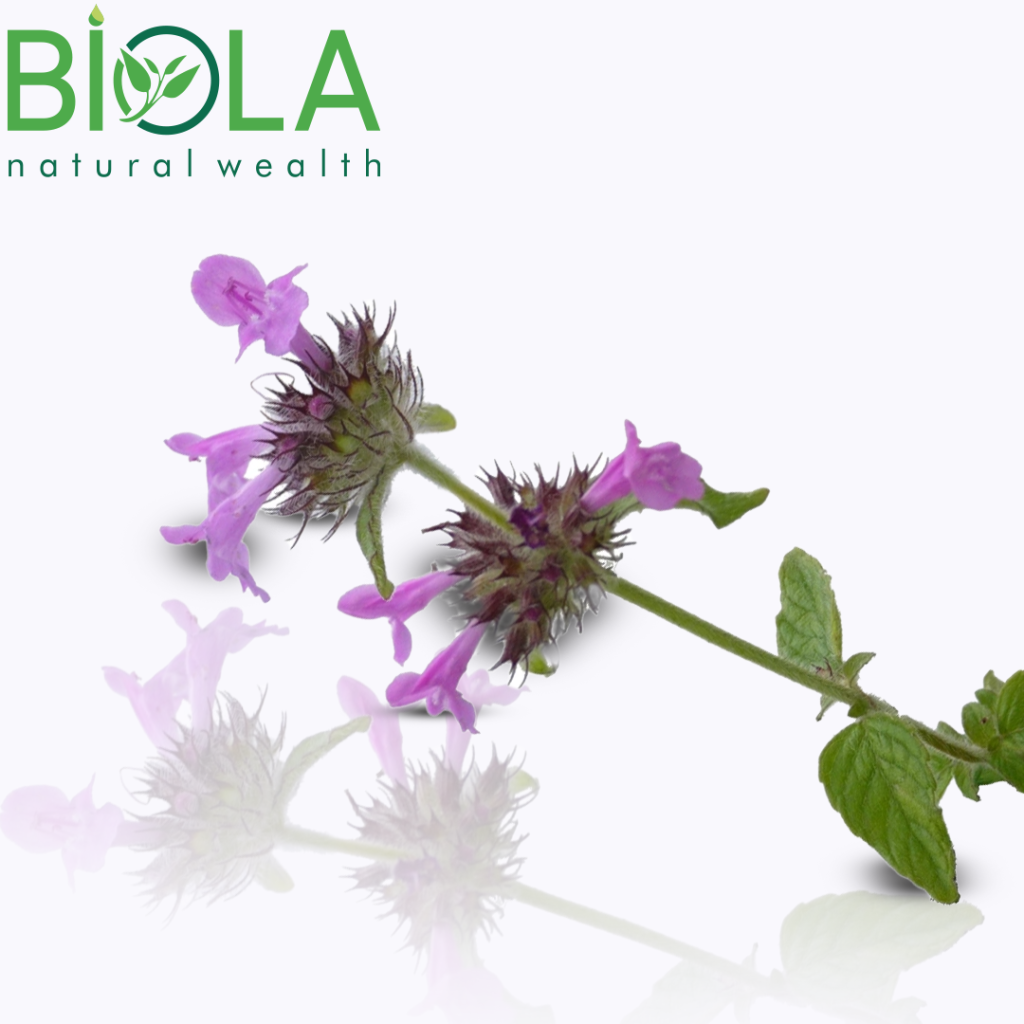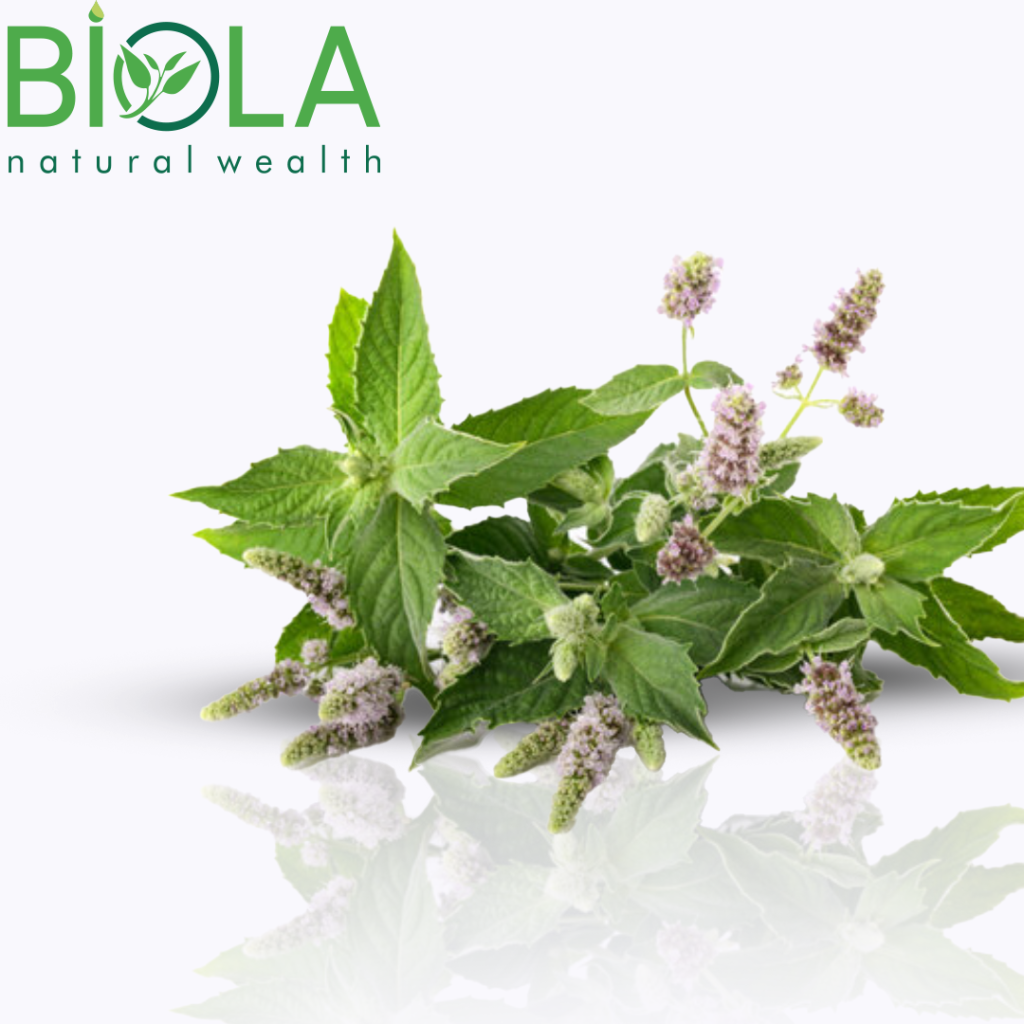Wild Marjoram
Origin: Mountainous regions of Europe and Asia
Benefits:
• Effective against colds and coughs
• Regulates the digestive process
Uses: Tea, infusion, aromatherapy
Caution: Pregnant women should use with caution

Origin: Mountainous regions of Europe and Asia
Benefits:
• Effective against colds and coughs
• Regulates the digestive process
Uses: Tea, infusion, aromatherapy
Caution: Pregnant women should use with caution

Origin: The Caucasus and the Middle East
Benefits:
• Aids digestion
• Has antiseptic effects
Uses: Tea, essential oil, aromatherapy
Caution: Should be used with caution in cases of stomach ulcers

Origin: Asia and Europe
Benefits:
• Relieves stomach spasms
• Clears the respiratory tract
Uses: Tea, infusion, essential oil
Caution: Excessive use may cause dizziness

Origin: Europe and the Caucasus
Benefits:
• Helpful for bronchitis and cough
• Has antiseptic properties
Uses: Tea, essential oil, infusion
Caution: Avoid high doses during pregnancy

Origin: North America
Benefits:
• Reduces skin inflammation and swelling
• Beneficial for varicose veins and hemorrhoids
Uses: Lotion, cream, infusion
Caution: For internal use, only under medical supervision

Origin: Northern Hemisphere forests
Benefits:
• Relieves thirst
• Reduces fever
Uses: Salad, soup, infusion in traditional medicine
Caution: Should be used cautiously in kidney diseases

Origin: Europe and Asia
Benefits:
• Has anthelmintic (worm-expelling) properties
• Increases appetite
• Has antibacterial properties
Uses: Anthelmintic medicines, tinctures, teas
Caution: Long-term use may cause neurological complications

Origin: Europe and Asia
Benefits:
• Strengthens the digestive system
• Has anthelmintic (anti-parasitic) properties
Uses: Tea, tincture, essential oil
Caution: Harmful during pregnancy and in high doses

Origin: Europe and Asia
Benefits:
• Increases stomach acid
• Effective against parasites
Uses: Infusion, tincture, medicine
Caution: Long-term use may affect the nervous system